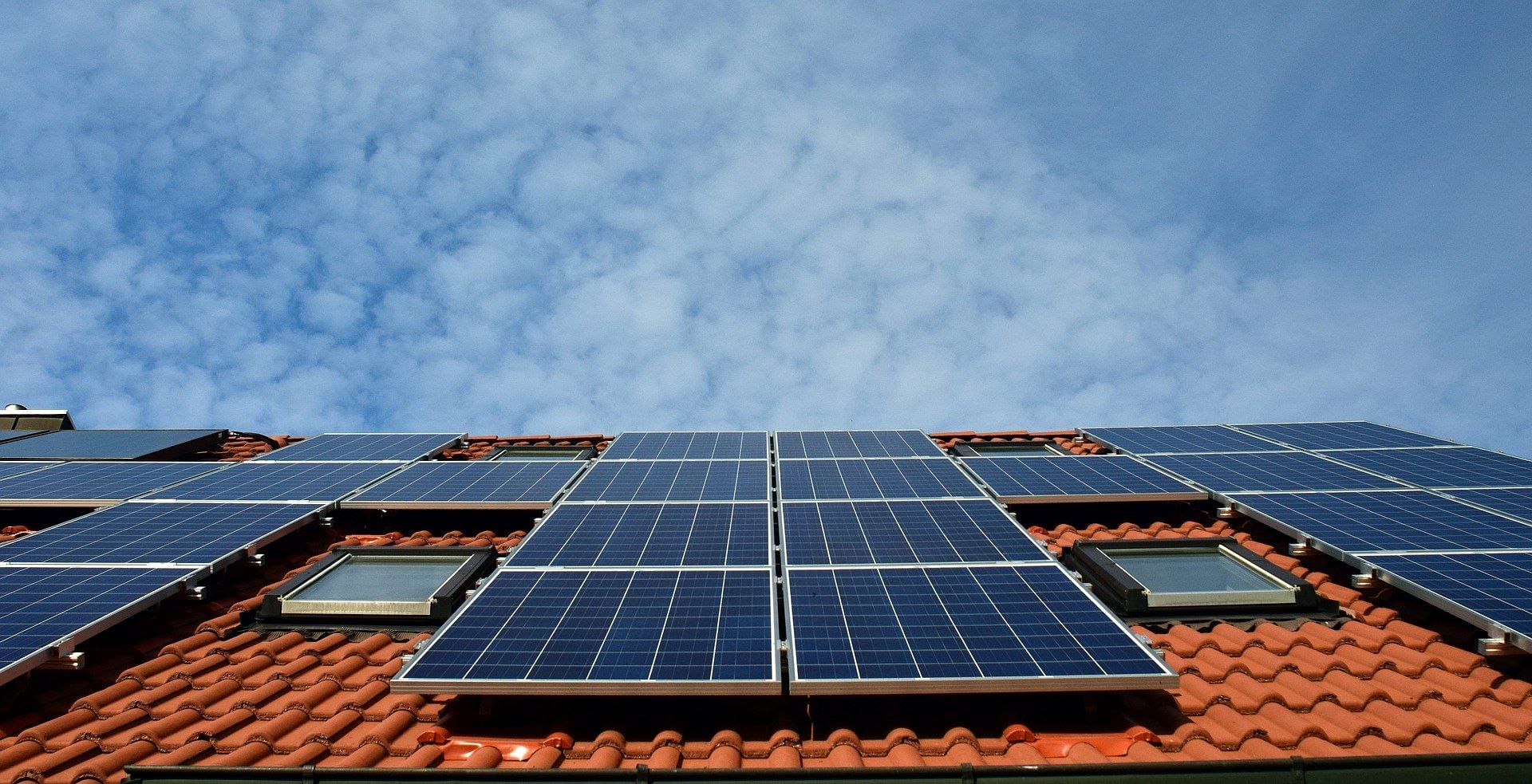
Even as the government is taking various policy initiatives to boost domestic solar manufacturing, lack of scale and backward integration in the manufacturing process is likely to pose constraints, says Icra.
According the rating agency, to support domestic module manufacturers, the government has formulated various schemes in the last one year which are likely to result into a favourable order pipeline of about 35-40 GW over the next 3-5 years for domestic solar OEM players.
"While timely implementation of these schemes is critical, lack of scale and backward integration in solar module manufacturing process for a majority of module manufacturers are likely to pose constraints," Icra Group Head and Senior Vice President Sabyasachi Majumdar said.
He further said timely implementation of the notified schemes through time bound award of projects and availability of power supply agreements (PSAs) with the ultimate off-takers remains critical. Some of the schemes already notified include the Central Public Sector Undertaking scheme (12 GW) KUSUM scheme (10-25 GW), Railways (2-3 GW) and domestic manufacturing linked orders (12 GW), among others.
Icra further noted that the Indian solar sector has been import dependent with respect to procurement of cells, modules and other equipment given the cost competitiveness of imports as compared to domestically manufactured products.
Solar modules, which form nearly 60 per cent of the project cost, are still imported from other countries to the extent of 80-90 per cent of the total requirement. Meanwhile, the ministry of renewable energy on Thursday proposed to impose basic customs duty on imports of solar equipment ranging from 15-20 per cent in the first year, which would eventually increase up to 40 per cent.
"Long-term policy clarity on customs duty trajectory post July 2020 as well as other concessions is now awaited to promote domestic manufacturing till scale and cost competitiveness improves for domestic OEMs," Icra Sector Head and Vice President Girishkumar Kadam said.
He further noted that clarity is also required for a pass-through of customs duty impact for the projects already bid out in last one year which are likely to be executed post July 2020, given that there have been significant delays in implementation of such 'change in law' pass-through for the affected IPPs in the past.